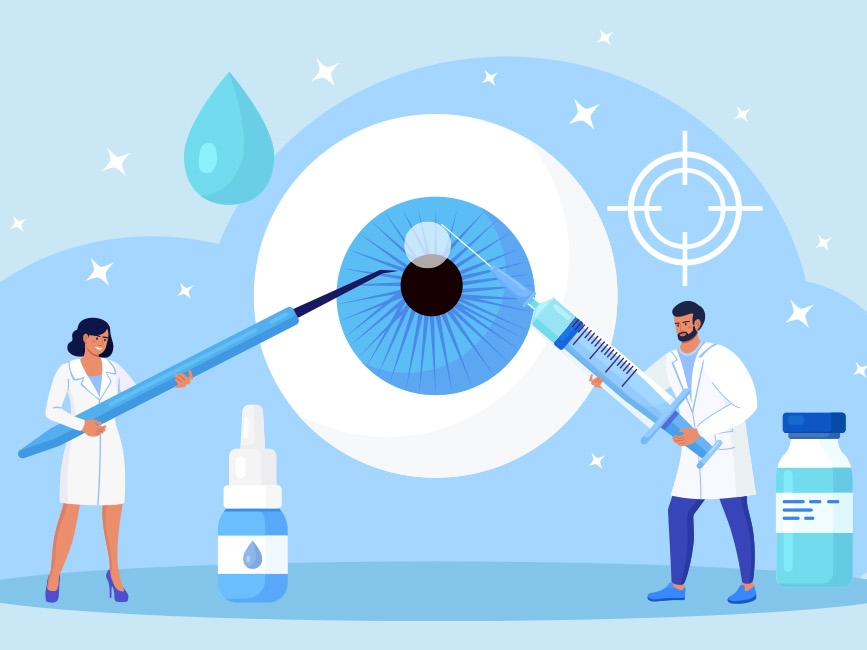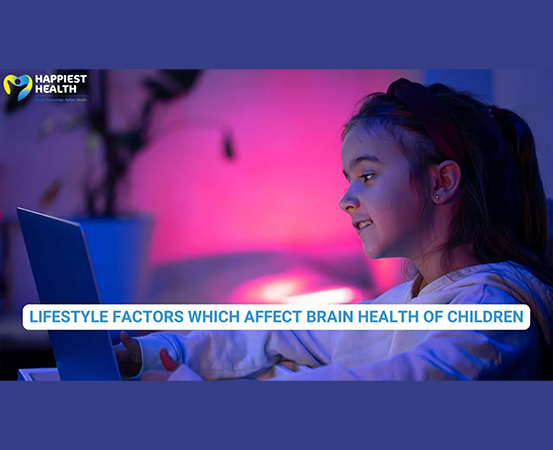
Glaucoma is the second leading cause of blindness after cataracts, with an estimated 4.5 million people having lost their vision to the condition globally. It occurs when the intraocular pressure or the pressure inside the eyes shoots up and damages the optic nerves that are responsible for sending image signals to the brain.
If not detected early and treated in time, glaucoma can lead to vision loss. And herein lies the trouble, as the condition can go undetected for years with individuals suffering from it not noticing the slow loss of their peripheral vision until it’s too late, says Dr Meena Gopinath Menon, consultant at the Glaucoma Services Wing at Sankara Eye Hospital in Bengaluru.
This has earned glaucoma the nickname of ‘silent killer of eyesight’.
Further, there’s no treatment that can reverse the damage done to the optic nerves. “The post-diagnosis treatment helps maintain or retain the rest of the vision and not regain the lost vision,” explains Dr. Menon, adding that what makes the condition even more tricky to diagnose is the lack of any cause attributed to it so far.
Broadly glaucoma is divided into two types, angle closure glaucoma and open-angle or chronic glaucoma, explains Dr Ravi, Regional Medical Director at Dr Agarwal’s Eye Hospital in Bengaluru.
– In angle closure glaucoma there is a sudden increase in eye pressure due to which an individual will have pain, redness, reduced vision, headache, coloured haloes, and sometimes vomiting.
– In open-angle or chronic glaucoma an individual can have a loss of peripheral vision to start with, along with occasional headaches, coloured haloes, or frequent change in eye power.
Hard to diagnose
The diagnosis for glaucoma is then dependent solely on the symptoms, which in many cases don’t show up until one’s vision is adversely affected. According to Dr Ruchir Tewari, a retina specialist, most patients suffering from the conditions come in with symptoms such as a headache, seeing halos around light bulbs or when they need to frequently change their glasses.
“Many of them are asymptomatic till the very late stage,” he says. “Another form is patients coming in with acute red eye mostly misread as conjunctivitis.”
‘Compliance and adherence a challenge’
Dr Menon who sees around 50-60 glaucoma patients daily says that the biggest challenge is the “compliance and adherence” to the post-diagnosis treatment which involves the application of multiple eyedrops daily.
“Since most of the patients are old, they start skipping the drops as using different bottles becomes challenging. Many who are scared about the disease progression are compliant, but once the monotony sets in, they lose interest,” says Dr. Menon.
Beware of over-the-counter eyedrops
While the cause of glaucoma isn’t fully understood, experts have found increased incidence of the condition in those that self-medicate with over-the-counter eye drops, leading to steroid-induced glaucoma.
“We have seen patients walk in as emergency cases complaining of blurring of vision and pain. After a complete investigation, they are diagnosed with steroid-induced glaucoma,” says Dr. Tewari who calls it a common occurrence.
He says that people need to be extremely careful of the composition of the eye drops they use, especially if they’re using a combination of antibiotics and steroids. The chances of damage to the optic nerve due to prolonged use of such eyedrops is high, he adds.
Prevention, the best medicine
With practically no way to reverse the damage done by glaucoma, early detection is one’s best bet to prevent the condition. Dr Ravi says treatments do exist to keep the condition under control and prevent or delay any further vision loss, but the success of these depend on how early the condition in detected.
Prevention is key in arresting the disorder well in time. A comprehensive eye check-up by an ophthalmologist that includes a dilated eye examination, checking the eye pressure, and vision glass correction can help us spot it,” says Dr Menon.
Relatives at higher risk
India’s National Health Portal reports that there’s a 2.3% chance that an individual will develop glaucoma in their lifetime, however, for close relatives of individuals with glaucoma this risk increases ten-fold.
Therefore experts say it’s imperative for relatives of those suffering from glaucoma to undergo a glaucoma investigation on a priority basis, which could help keep a lid on the growing numbers of cases globally.
What you eat matters
While routine eye check-ups play an important role in keeping glaucoma at bay, studies have shown that one’s diet can help maintain intraocular pressure. A 2018 study led by Dr. Adi M. Al Owaifeer and Dr. Abdulaziz A from King Faisal University in Saudi Arabia, suggested that glaucoma patients maintain a normal weight, avoid excessive coffee consumption, and increase their fruit and vegetable intake.
The study, however, maintains that nutritional management may complement but not substitute conventional glaucoma treatment.
Statistics
The World Health Organisation has estimated that 4.5 million people are blind due to glaucoma. In India, glaucoma is the leading cause of irreversible blindness with at least 12 million people affected and nearly 1.2 million people blind from the disease. More than 90 percent of cases of glaucoma remain undiagnosed.
Risk factors
- Diabetes
- Cardiovascular diseases
- High blood pressure
- Myopia
- Family history
- Certain types of eye surgeries
- Prolonged use of corticosteroids in the form of eye drops
- Age group above sixty

















